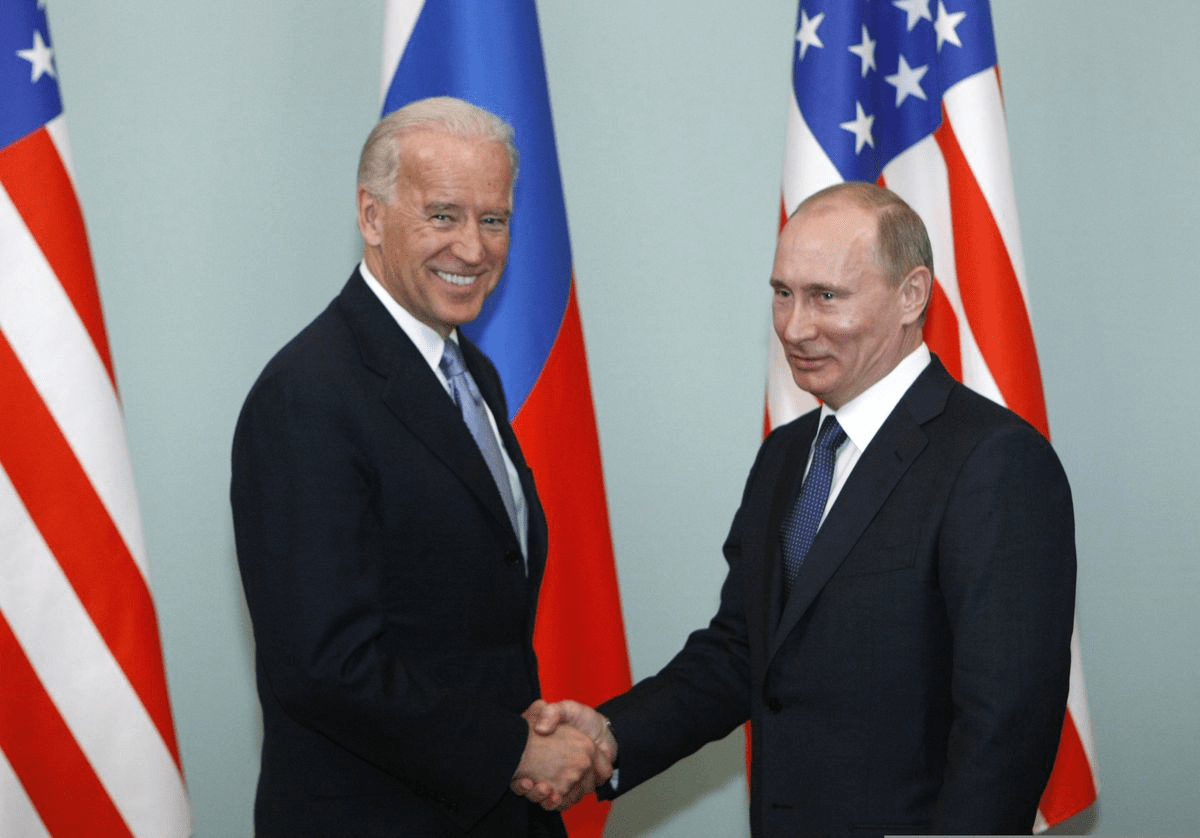
Why Skills-First Leadership Is Replacing the Ivy League Playbook in the C-Suite
The old prestige pyramid—where Ivy League degrees and blue-chip consulting backgrounds paved the way to the CEO seat—is cracking.

June 28, 2021: -France and Germany are planning to restart talks with Russia have failed, as several other EU leaders remain skeptical about meeting with the Kremlin.
U.S. President Joe Biden met with Russia’s President Vladimir Putin last week despite their notable differences. Now, the German and French leaders would like to follow suit.
However, several EU leaders, notably from the Baltic Nations, which are closest to Russia geographically, do not believe any change in behavior from Moscow warrants new talks between the two sides.
On Thursday, French President Emmanuel Macron said the idea was not to offer concessions to Moscow but simply to have a dialogue. The bloc would not “surrender” its values or interests, he said.
But the President of Lithuania, Gitanas Nausea, said on Friday, “It’s too early because, so far, we don’t see any radical changes in behavior from Putin.”
The 27 EU leaders need to unanimously agree on restarting talks with Russia for such a meeting.
Russia said on Friday that the EU was a “hostage to an aggressive minority,” according to Reuters, citing the RIA news agency.
The EU’s relationship with Russia had deteriorated since 2014 when the Kremlin annexed Crimea, something European leaders opposed.
Tensions had escalated since, particularly in February, when the EU’s foreign affairs chief, Josep Borrell, traveled to Russia and stood quiet while Russian Foreign Affairs Minister Sergey Lavrov called the EU an “unreliable partner.”
“We remember the visit to Moscow, and the outcome was not that positive for the European Union,” Kaja Kallas, prime minister of Estonia, said when arriving in Brussels for the European Summit of EU leaders on Thursday.
Instead of re-engaging with Russia, EU leaders agreed in Brussels to layout demands for the Kremlin before organizing high-level talks.
“The European Council expects the Russian leadership to demonstrate a more constructive engagement and political commitment and stop actions against the EU and its Member States, as well as against third countries,” the 27 leaders said in a joint statement after their first day of talks in Brussels.
“The European Council calls on Russia to fully assume its responsibility in ensuring the full implementation of the Minsk agreements as the key condition for any substantial change in the EU’s stance,” they added.
The Minsk agreement refers to a deal put together by France, Germany, Ukraine, and Russia, initially in 2015, designed to bring about a ceasefire in the eastern parts of Ukraine and an overall de-escalation of tensions. Instead, NATO said last week that Russia had intensified its activities in the region.
As such, the EU leaders said the executive arm of the EU should “present options for additional restrictive measures, including economic sanctions” in case Russia presses ahead with “further maligns, illegal and disruptive activity.”
“We couldn’t agree on a basis to organize a meeting on a leadership level, but it’s important to me that we maintain a dialogue and develop it going forward. I would have liked to see more courageous steps taken, but this is also good, and we will continue to work on it,” German Chancellor Angela Merkel said Friday morning.

The old prestige pyramid—where Ivy League degrees and blue-chip consulting backgrounds paved the way to the CEO seat—is cracking.

Loud leaders once ruled the boardroom. Charisma was currency. Big talk drove big valuations.

But the CEOs who make history in downturns aren’t the ones with the deepest cuts

Companies invest millions in leadership development, yet many of their best executives leave within a few years. Why?

The most successful business leaders don’t just identify gaps in the market; they anticipate future needs before anyone else.

With technological advancements, shifting consumer expectations, and global interconnectedness, the role of business leaders

At seventeen, Professor Richard Rose stepped into a world few adults dare to navigate: the world of children fractured by trauma. He wasn’t a clinician then, nor a scholar. He was simply a young man with a heart tuned to the quiet ache of others.

Following a distinguished Law Enforcement career Joe McGee founded The Securitatem Group to provide contemporary global operational specialist security and specialist security training products and services for private clients, corporate organisations, and Government bodies. They deliver a wide range of services, including complete end-to-end protection packages, close protection, residential security, protection drivers, and online and physical installations. They provide covert and overt investigations and specialist surveillance services with a Broad range of weapons and tactical-based training, including conflict management, risk and threat management, tactical training, tactical medicine, and command and control training.

Jay Wright, CEO and Co-Owner of Virgin Wines infectious energy, enthusiasm, passion and drive has been instrumental in creating an environment that encourages talent to thrive and a culture that puts the customer at the very heart of every decision-making process.

Fabio de Concilio is the visionary CEO & Chairman of the Board at Farmacosmo, a leading organization dedicated to mental health and community support services. With a deep commitment to identifying and meeting customer needs, Fabio ensures that high standards are maintained across the board.

Leave us a message
Subscribe
Fill the form our team will contact you
Advertise with us
Fill the form our team will contact you